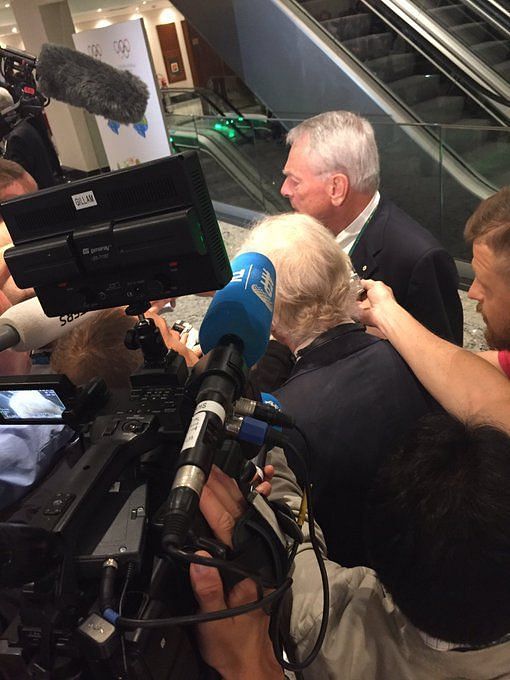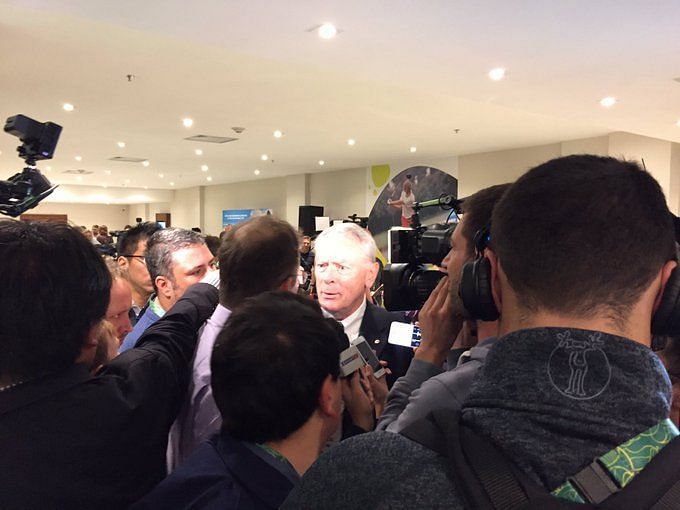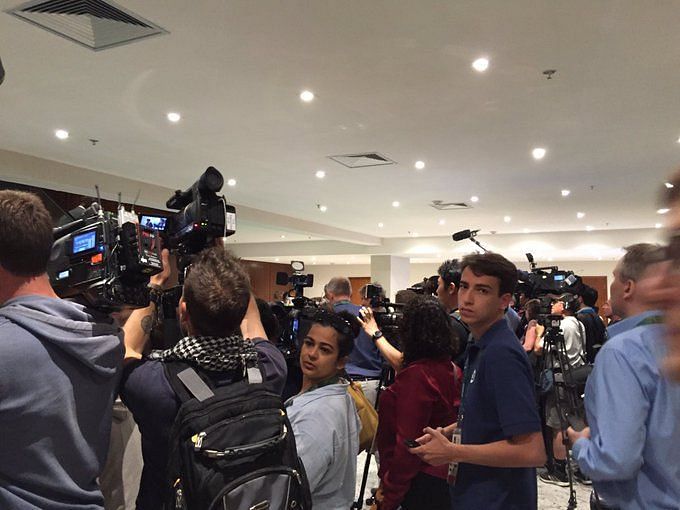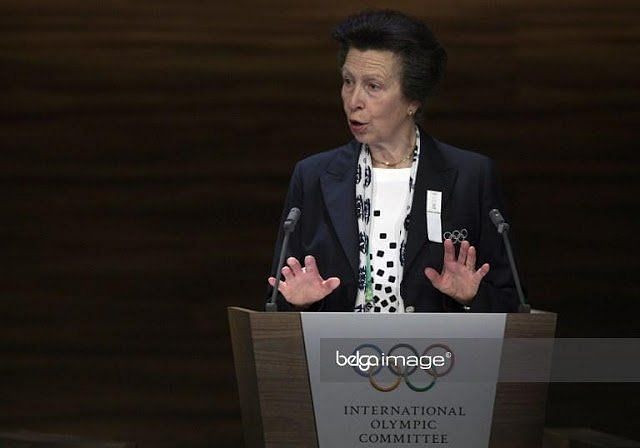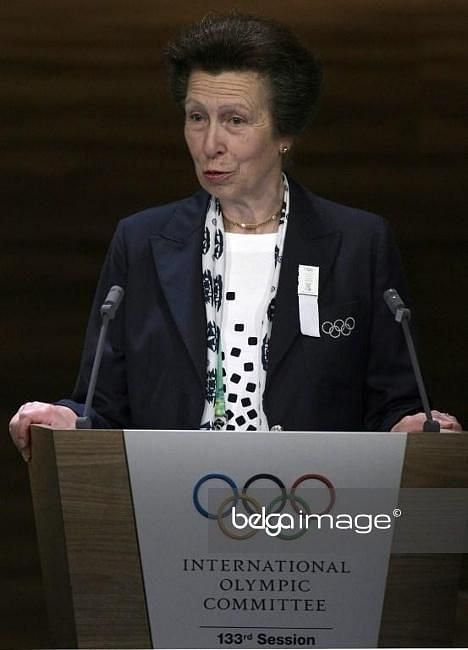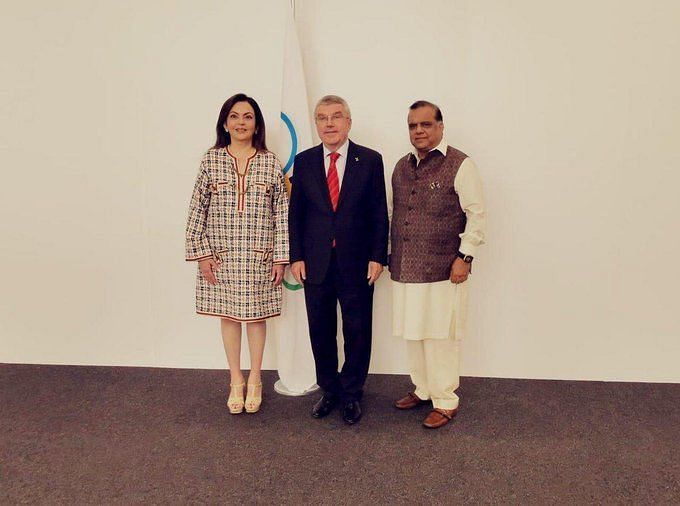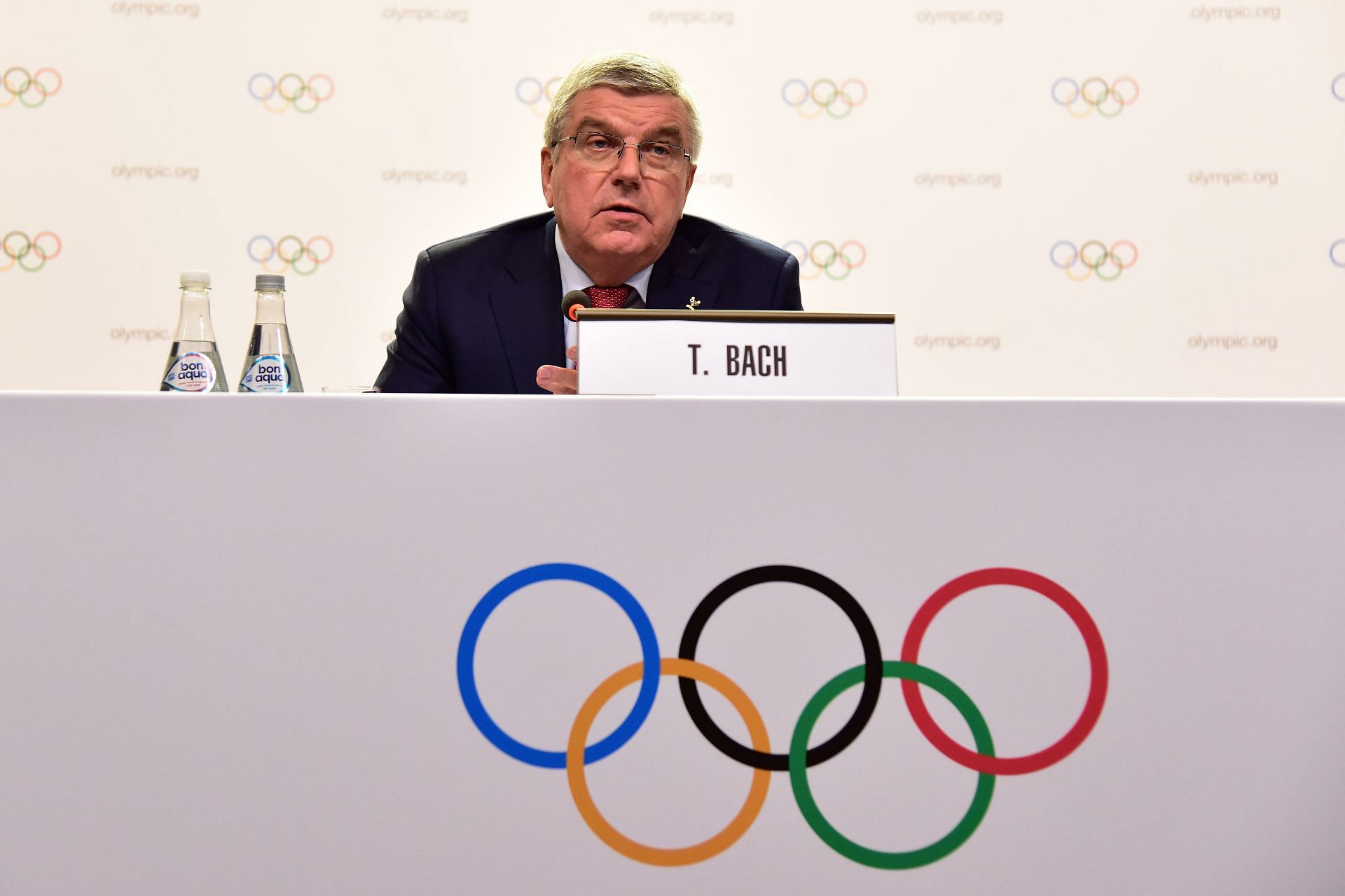
IOC Sessions: Negotiations, amendments, firm decisions
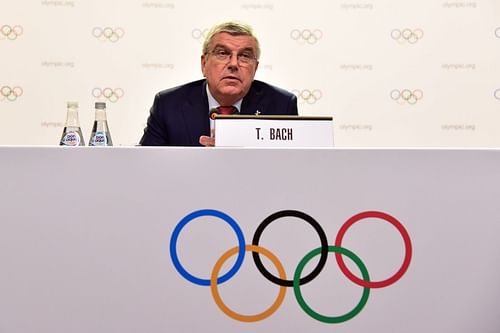
The International Olympic Committee (IOC) is one of the largest sporting organizations in the world and concludes a lot of business in its infamous IOC sessions. The 139th IOC session is due to be held on February 3, 2022, a day before the start of the Winter Olympics.
The Olympics in itself is one of the grandest events, held every four years across the globe, and only a handful of athletes achieve excellence at that stage. However, finalizing the host cities, staying true to the tournament's values, incorporating new regulations, and supporting the organizations affiliated with it is the job of the IOC, and this is exactly what it tries to conclude in its sessions.
Why are IOC Sessions held?
Players such as Usain Bolt, Michael Phelps, Simone Biles, Ryan Crouser, Viktor Axelsen, Neeraj Chopra and several other current or past Olympic champions are able to function in a proper environment due to the continuous efforts of the IOC. As mentioned above, IOC sessions are conducted to execute several responsibilities that fall in line with the values of the historic games and to satisfy every member on the committee.
To understand what takes place in the IOC sessions, one has to realize the idea behind formation of the organization. It was formed in 1894 in Lausanne, Switzerland to act as the guardian of the Olympic Games and the leader of the Olympic movement. So, its duties include everything from amending existing rules and regulations to making major decisions about any controversies relating to the candidature list of a host city for a specific year's tournament.
However, to conclude all of this business, they need to hold a general meeting to come to a mutual agreement.
The broad range of activities conducted in the IOC sessions
The IOC has an Olympic agenda and all the issues of a particular session are detailed in this report.
For example, anti-doping is a topic that has been discussed at length over the last two decades. The use of performance-enhancing drugs has been banned and the World Anti-Doping Agency (WADA) was formed in 1999. Several medallists in weightlifting, athletics and cross-country skiing have often been caught doping, and a proper method to completely exterminate this process is usually discussed in the IOC sessions.
Good governance and ethics are part and parcel of the IOC sessions. Today, there are 206 National Olympic Committees in the world and over 14,000 athletes compete at the mega-tournament. As such, handling everything in a timely and proper manner is a massive task which can only be executed if there is good governance on the part of the committee. Similarly, ethical conundrums, issues and concerns also need to be addressed, and the manner of it is decided in the IOC sessions.
Grand proceedings of the Audit Committee will also be executed at the general meeting. The Audit Committee monitors the integrity of the IOC's financial statements and reviews significant financial reporting judgments. It also oversees the IOC's internal control and risk management systems, reviews compliance with policies, procedures and applicable regulations, and advises the Executive Board for approval at the annual Session.
Members of the IOC session comprehensively go through the work of this committee to assess any misnomers or unjust financial reporting.
IOC sessions can also be conducted to amend the Olympic Charter. The Olympic Charter is the codification of the fundamental principles of Olympism, and the rules and by-laws adopted by the International Olympic Committee. Among other things, it also establishes the relations between the IFs, the NOCs and the Olympic Movement. Amendments are often suggested to this Charter, especially since the venues keep on changing and the members keep increasing gradually.
Aside from all of this, the IOC session can elect members of the committee, the honorary president and the honorary members, the president, the vice-presidents and all other members of the IOC executive board.
It can also elect the host city of the Olympic Games. This is one of the hardest jobs as there have been several controversies over briberies and commissions to land the bid of becoming the host city of the summer or winter Olympics.
How frequently are the IOC sessions held?
An Ordinary IOC session, or general meeting, is held once a year. Extraordinary sessions can be convened by the president or by the written request of at least one-third of the members. The 137th and 138th IOC sessions were held in 2021 in March and August respectively.
Members part of IOC sessions
Currently, there are 101 members in the IOC, 45 honorary members and one honor member. The current president of the IOC is German-born former fencing athlete Thomas Bach. He presides over IOC sessions but is not the only renowned person in the meeting.
Sheikh Ahmad Al-Fahad Al-Sabah, president of the Olympic Council of Asia, is also a member at these sessions, as is the president of the Oceania National Committee, Dr. Robin E. Mitchell.
Mr. Sypros Capralos, president of the European Olympic Committee, and Mr. Mustafa Berraf, president of the National Olympic Committees of Africa, are also often in attendance.
Apart from this, some princely individuals are also members of the IOC. Princess Nora of Lichentenstein, Prince Albert II of Monaco, The Princess Royal (Anne) of Great Britain, The Duke (Henri) of Luxembourg and Prince Faisal Al Hussain of Jordan are just some examples of the kind of royalty that are a part of the IOC sessions.
Nita Ambani, chairperson of the Reliance Foundation and wife of the richest man in Asia, Mukesh Ambani, is also seen representing India at these meetings.
The presence of these members might bring a little glitz and glamor to the proceedings but being part of these sessions is truly a noble cause, especially since it is a non-profitable organization.
At the very crux of it, IOC sessions are a way of keeping a proper line of communication, amending the regulations and honing the values that bind every country participating in the mammoth event every four years. Few get to be a part of it and fewer still get the opportunity to bring about a positive change to the sporting community.
